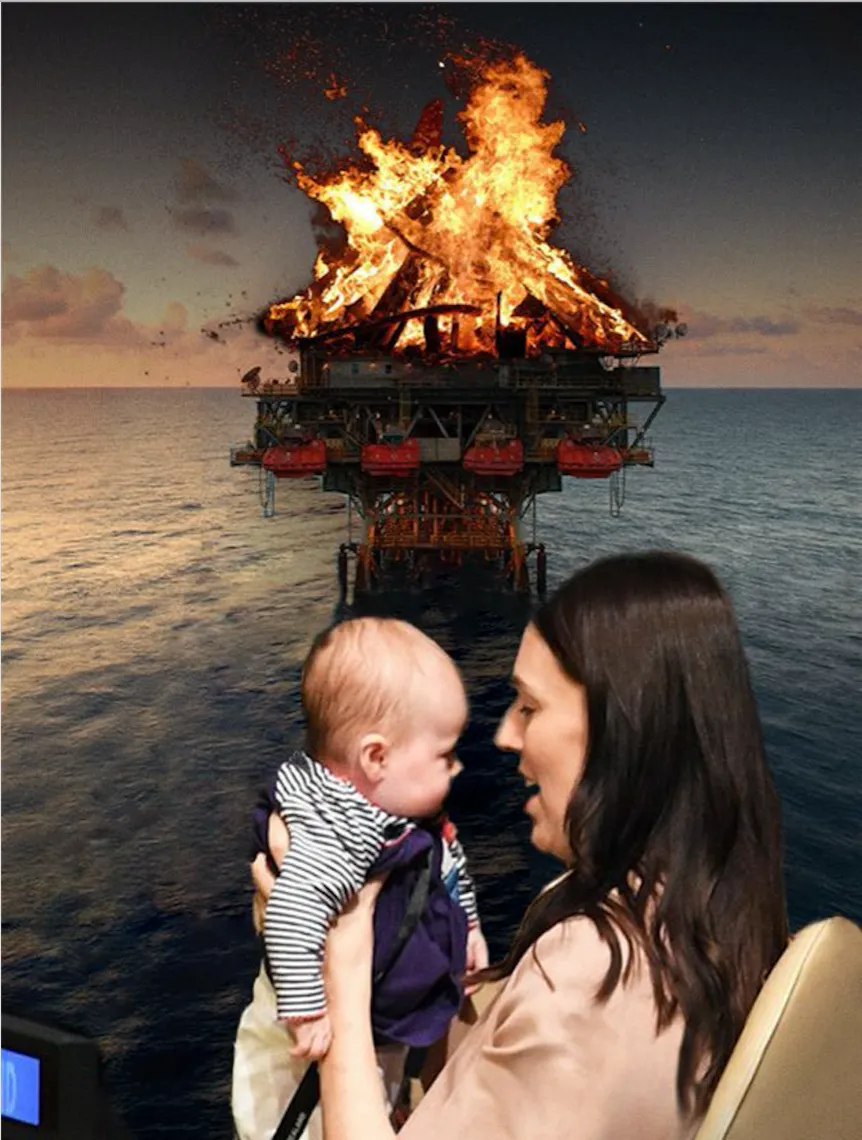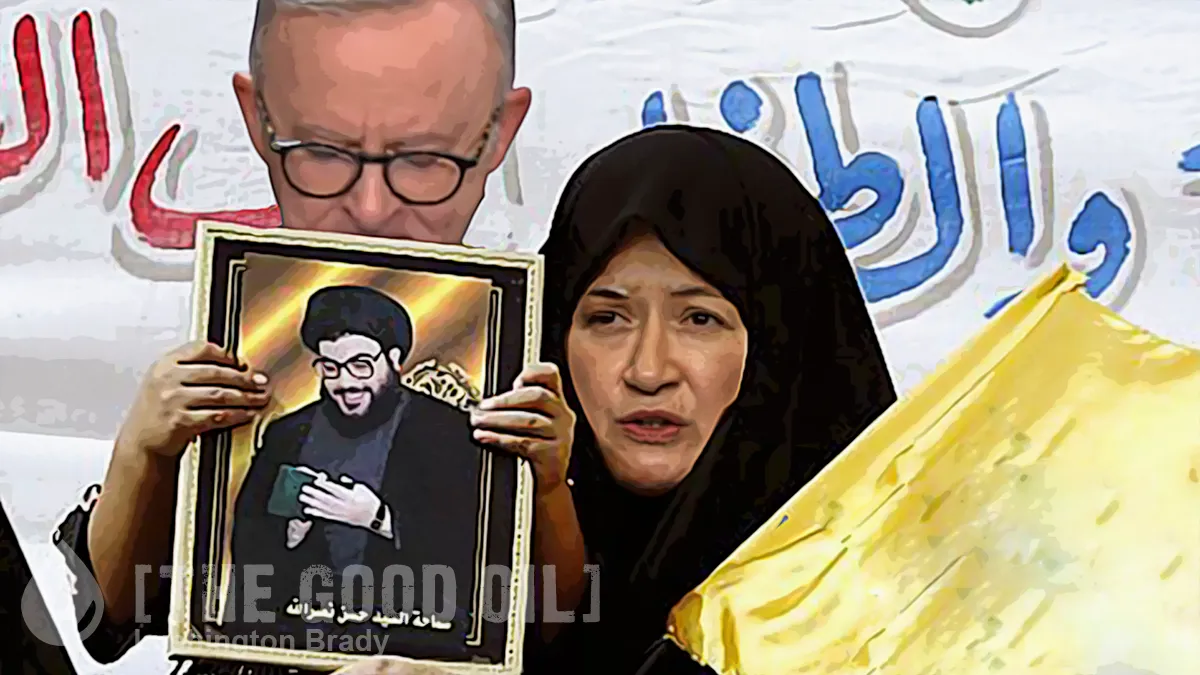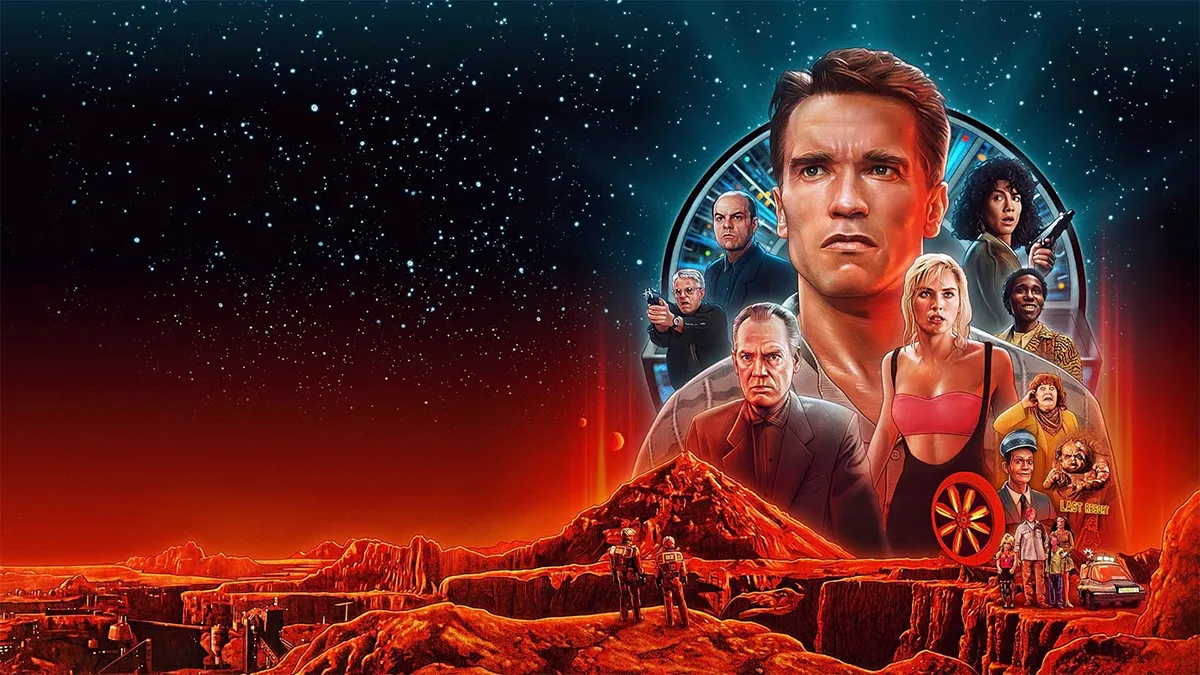Paul C
PaulC is a Registered Surveyor and a Fellow of the NZIS.
After qualifying, he ran his own practice for 10 years before he was
asked to join the Planning Tribunal for an initial 5-year term. He
stayed for 32. The Tribunal became the Environment Court where he was a Commissioner until he retired nearly 10 years ago.
I occasionally have cause to refer to a book I have, Nuclear New Zealand Sorting Fact from Fiction. Published in 2004, it was written by Dr Andrew McEwen, a former head of the National Radiation Laboratory. It is described in its foreword by Paul Callaghan and Alan MacNaughton, Professor of Physical Sciences, as being ‘encyclopedic in its depth of information and insight’ – the very reason I go back to it. The foreword itself has some interesting commentary which is worth repeating. The professor describes Dr McEwen as one of our leading scientists and says that he examines one of New Zealand’s most fervently held myths and that the book challenges unreason.
To quote the professor:
“In 1984 the then Lange Government made the fateful decision to ban nuclear-powered and nuclear-armed ships from New Zealand ports. Since then, many have proclaimed New Zealand as ‘nuclear-free’. While none would wish that nuclear weapons would ever be present in this country the nuclear-free mantra ceases to be rational beyond this point. In 1992 a Commission of Enquiry into the safety of nuclear powered ships in our harbours found no rational basis for any fear concerning their safety. That Commission, comprising some of New Zealand’s most capable minds, was ignored.
The proclamation that we are nuclear-free has much more to do with how we New Zealanders wish to see ourselves, than with any statement of reality. Nuclear radioactivity is part of the Earth’s natural environment, and has always been so. We use nuclear radiation sources extensively in our hospitals, in our research laboratories, in our industries and in our homes where smoke detectors save lives by employing a radioactive source to trigger an electric current when smoke particles are present, Far from being nuclear-free, we enjoy the fruits of radioactive sources produced in other nations’ nuclear reactors. […]
Further New Zealand is a small nation that trades extensively, a process that depends on internationally-agreed scientific criteria. If we are to afford ourselves the luxury of ill-informed superstition, then we can hardly complain when our nearest neighbour refuses to import our apples, claiming disease fears that, we assert, have no scientific foundation. And if we are to solve our rapidly looming energy crisis, we will need to cast prejudice to the wind. From now on, all our energy choices are hard.”
The bolding of the last sentence is mine, remembering that the quotation is from 2004.
So with all the current goings-on about where our electricity is going to come from in the future we cannot say we weren’t warned.
The fact that the professor refers to the Lange government’s decision as ‘fateful’ is interesting in itself. The decision was made as far back as 1984 and the above criticism was made in 2004. The question to be asked is why has nothing been done.
To describe a decision as fateful surely means it was a wrong decision or a decision that elicited the wrong consequences. It could have been made with the very best intentions at the time but that does not make it right.
One can only hope that our prime minister’s captain’s call on the Taranaki oil and gas industry will be called out as fateful a lot sooner than in 20 years. Some of us (lesser mortals) have done that already but it needs doing by some recognisable names. Not only that, the decision needs to be reversed. In the current circumstances that is highly unlikely but how will it be seen in thirty or forty years time? Many of us will not be here to see it. I suspect it will attract a much more critical adjective.
Please share this BFD article so others can discover The BFD.










